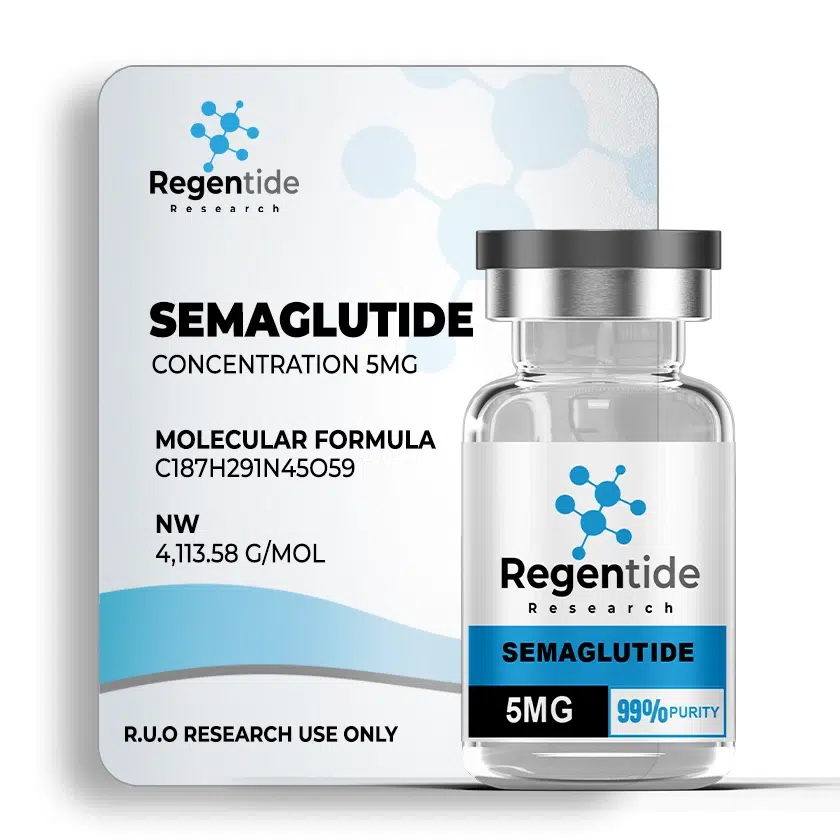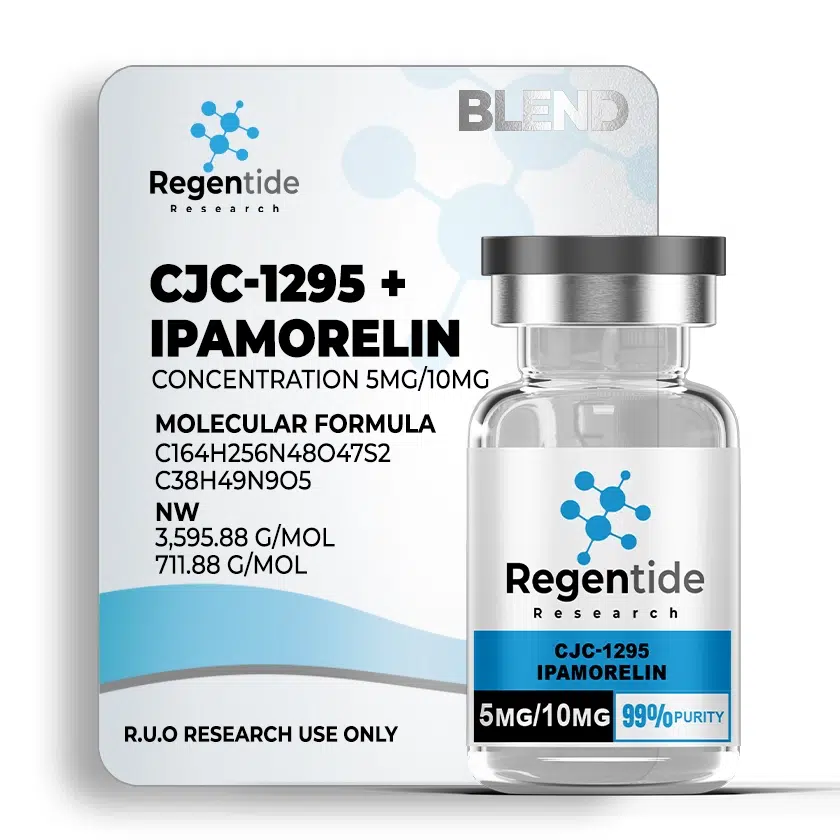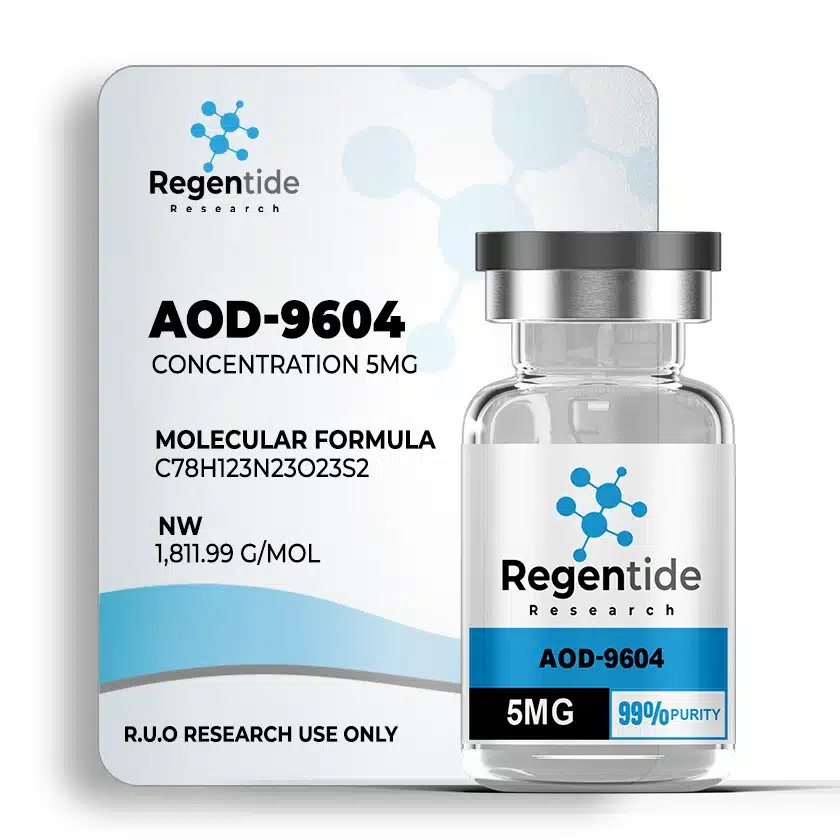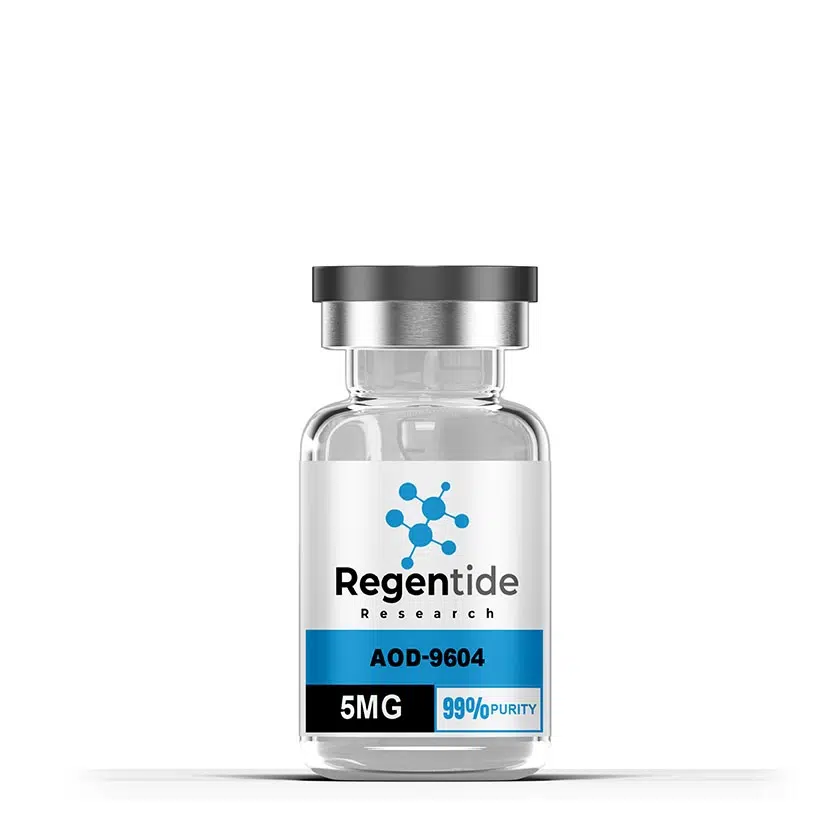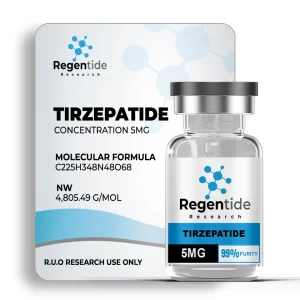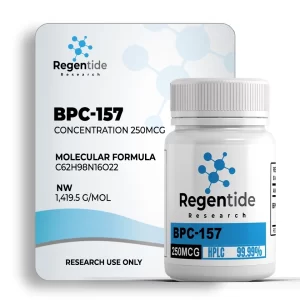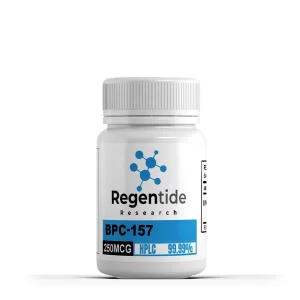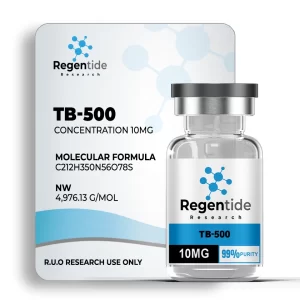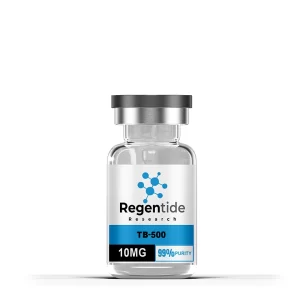AOD-9604 5mg
$59.99
AOD-9604 is a synthetic peptide derived from a modified fragment of human growth hormone (HGH). It is specifically designed for research purposes to study its potential effects on fat metabolism.
- Mechanism of Action: AOD-9604 mimics the fat-reducing activity of HGH without impacting blood sugar levels or promoting growth in other tissues. It is believed to stimulate lipolysis (the breakdown of fat) and inhibit lipogenesis (the formation of fat), making it a subject of interest in metabolic and obesity-related research.
This peptide is intended exclusively for research purposes and is not approved for human consumption. It should only be handled by qualified professionals in a controlled laboratory setting.

173 in stock
Description
AOD-9604 (Advanced Obesity Drug Peptide Fragment)
AOD-9604 is a synthetic peptide fragment derived from the C-terminal region (177–191) of human growth hormone (hGH). Unlike full-length hGH, AOD-9604 is specifically engineered to retain lipolytic (fat-burning) activity without stimulating IGF-1 production or exerting growth-promoting effects, making it a focal point of obesity and metabolism research.
This modified 15-amino acid fragment appears to activate beta-3 adrenergic receptors and lipolysis-related pathways involved in the breakdown of stored fat, particularly in adipose tissue, without influencing insulin resistance, blood sugar levels, or organ growth in non-human models.
Chemical Makeup
-
Sequence: Tyr-Leu-Ala-Ile-Val-Gly-Ser-Arg-Arg-Ala-Phe-Thr-Pro-Lys-Lys
-
Molecular Formula: C78H123N23O23S2
-
Molecular Weight: 1815.1 g/mol
-
Form: Lyophilized powder (for research reconstitution)
-
Solubility: Water-soluble
-
Stability: Store refrigerated or frozen at –20°C for long-term stability
Research & Preclinical Investigations
Fat Metabolism and Lipolysis
In rodent models, AOD-9604 has been shown to enhance lipolysis and inhibit lipogenesis through a mechanism distinct from traditional hGH pathways. It appears to preferentially target adipose tissue, leading to reductions in body fat mass without altering lean muscle mass or glucose levels, suggesting a tissue-selective action.
Safety Profile and Non-Mitogenic Activity
Unlike recombinant hGH, AOD-9604 does not stimulate IGF-1 secretion or promote mitogenesis in vitro. This has made the peptide attractive for metabolic studies where growth factor stimulation is undesirable. Toxicology studies in animal models have supported a favorable safety profile at various dose ranges.
Cartilage and Joint Repair Research
AOD-9604 has also been explored in cartilage repair and osteoarthritis models, where it may enhance chondrocyte survival, reduce inflammatory markers, and improve joint function. These effects may be attributed to GH receptor modulation and secondary anti-inflammatory activity in connective tissues.
Potential Combination Use
In experimental protocols, AOD-9604 is often evaluated alongside peptides like CJC-1295, Ipamorelin, or Tesamorelin to study additive or synergistic effects on metabolic rate, fat mass reduction, and hormone regulation in obesity models.
Research Use Only
AOD-9604 is offered strictly for in vitro and in vivo laboratory research purposes only. It is not intended for human consumption, clinical treatment, or diagnostic procedures. All use must comply with applicable institutional and biosafety standards.
References
-
Heffernan M, et al. AOD-9604, a modified fragment of hGH, exhibits anti-obesity effects without IGF-1 elevation. J Endocrinol Invest. 2001;24(5): 343–350.
-
Ng FM, et al. The lipolytic action of hGH fragment 177–191: Evidence for selective fat metabolism. Peptides. 2000;21(3):401–406.
-
Sainsbury A, Herzog H. Metabolic and neuropeptide regulation of energy homeostasis. Neurosci Biobehav Rev. 2001;25(2):93–98.
-
TGA Australia. Clinical safety summary of AOD-9604 peptide fragment. Therapeutic Goods Administration Review. 2013.

